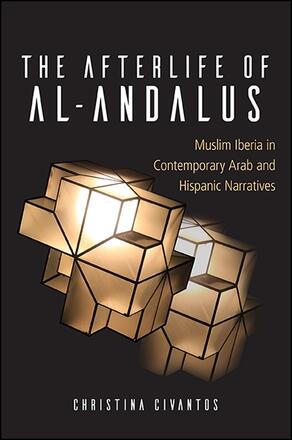
The Afterlife of al-Andalus
Muslim Iberia in Contemporary Arab and Hispanic Narratives
Alternative formats available from:
The first study to undertake a wide-ranging comparison of invocations of al-Andalus across the the Arab and Hispanic worlds.
Description
Around the globe, concerns about interfaith relations have led to efforts to find earlier models in Muslim Iberia (al-Andalus). This book examines how Muslim Iberia operates as an icon or symbol of identity in twentieth and twenty-first century narrative, drama, television, and film from the Arab world, Spain, and Argentina. Christina Civantos demonstrates how cultural agents in the present ascribe importance to the past and how dominant accounts of this importance are contested. Civantos's analysis reveals that, alongside established narratives that use al-Andalus to create exclusionary, imperial identities, there are alternate discourses about the legacy of al-Andalus that rewrite the traditional narratives. In the process, these discourses critique their imperial and gendered dimensions and pursue intercultural translation.
Christina Civantos is Associate Professor of Languages and Literatures at the University of Miami and the author of Between Argentines and Arabs: Argentine Orientalism, Arab Immigrants, and the Writing of Identity, also published by SUNY Press.
Reviews
"A well-written book that is thorough and enjoyable, readable mainly for specialists in the fields of Arabic and Hispanic literature, and certainly very pertinent for scholars and students in Comparative Literature." — Comparative Literature Studies
"Overall, The Afterlife of al-Andalus is an eye-opening study of how reinterpretations of the past, of historical events and periods, such as al-Andalus, can help create cultural integration … The book is brilliant, well-researched, and theoretically sound." — Review: Literature and Arts of the Americas